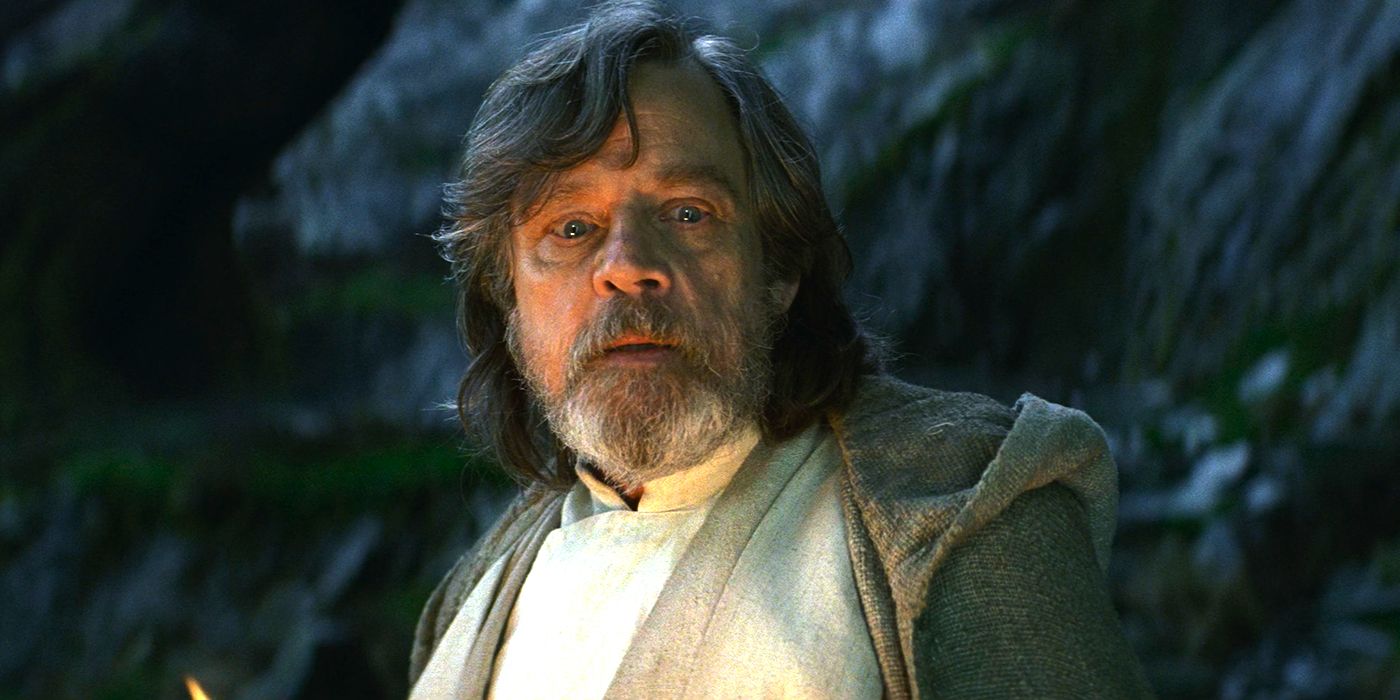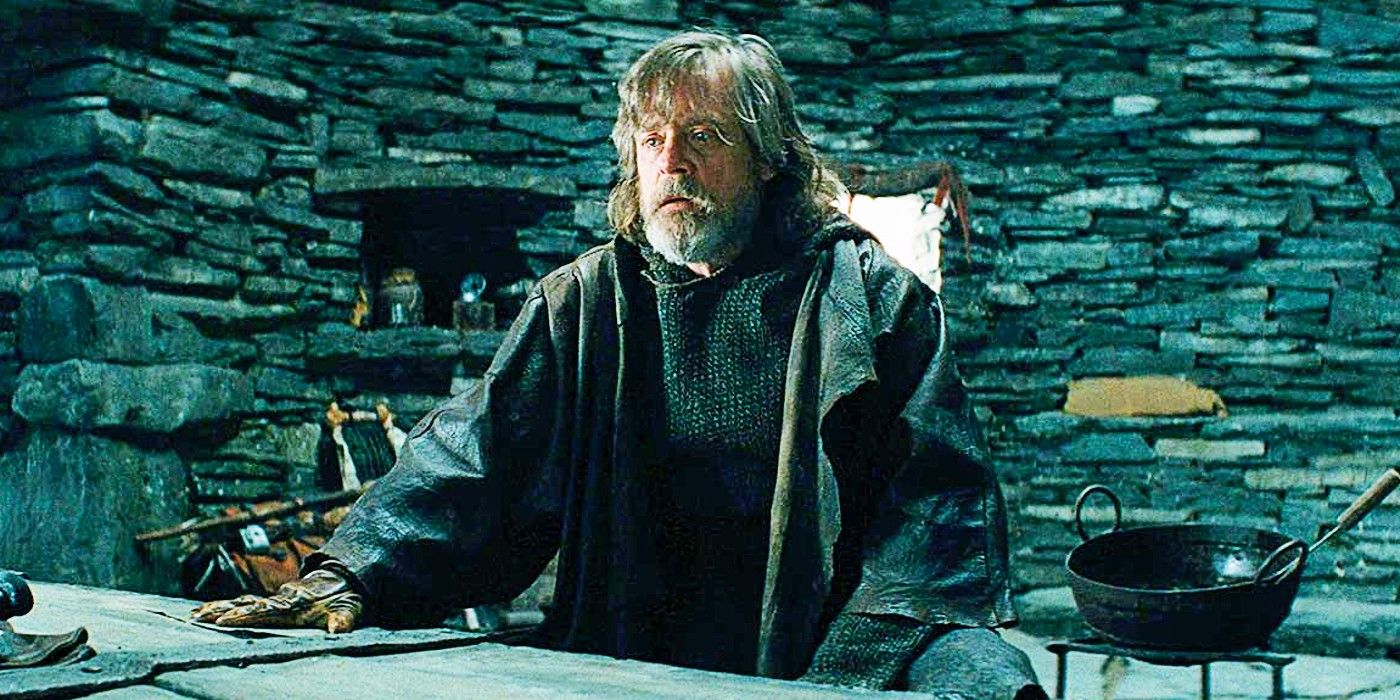While the franchise's future remains in the air, Rian Johnson details his controversial Star Wars: The Last Jedi approach. The future Knives Out director came in to helm the second installment in the Star Wars sequel trilogy, chronicling Daisy Ridley's Rey as she tries to convince Mark Hamill's Luke Skywalker to train her in the ways of the Jedi and join the fight to take down the First Order. Unlike his prior appearances, Luke proved to be a far more somber and cynical character, creating a deep division among audiences for Star Wars: The Last Jedi's story, paired with other elements.
In honor of Glass Onion: A Knives Out Mystery's release, Rian Johnson sat down with GQ for their video series in which actors and directors break down their most iconic films. While looking at his venture into a galaxy far, far away, the filmmaker detailed his controversial Star Wars: The Last Jedi approach, breaking down his relationship to the franchise and how it informed his unique take on the film's story. See what Johnson shared below:
I definitely didn’t approach the entire thing as a meta exercise, because I think, first and foremost, it has to be an honest expression of what the characters are actually going through. It’s not very interesting to just think in a meta way about Star Wars. At the same time, you’re dealing with a story that’s about heroes and about the younger generation meeting their heroes, and a generation that is now the older generation of heroes dealing with being role models for the younger generation, and still being human beings with faults and foibles, and somebody who has the role of a legend, but who feels fallible as a human being. By the end of the movie, realizing the value that that legend has, and realizing that their place is to step up and be that for the younger generation. When you’re dealing with all of these things, the legends that I grew up with were the characters in Star Wars. If I think about the thing in my life that’s been the most consistent thing, it’s been these movies. Anyone who makes a Star Wars movie today is, in some way, going to be engaging with their relationship with Star Wars itself.
What Worked Best About Johnson's Last Jedi Approach
Though Johnson's Star Wars: The Last Jedi approach remains very controversial among longtime fans of the Lucasfilm franchise, many have since come to appreciate some of what the writer/director was going for with the sequel. Coming off of Star Wars: The Force Awakens, which largely copied A New Hope's story beats, many audiences expected a similar formula for the 2017 sequel, expecting it to borrow from The Empire Strikes Back while also leaning heavily into nostalgia-driven characters. Despite the disagreement over his handling of the project, Star Wars: The Last Jedi did pull many story threads from the 1980 classic, including an aspiring Jedi learning from an older one in hiding, and an ending that sees the heroes in a tough spot, but ready to take the fight back to the opposing force.
The biggest point of division to this day is Star Wars: The Last Jedi's take on depicting Luke Skywalker, no longer the bright-eyed protagonist eager to restore peace to the galaxy, but rather one ready to turn his back on it. Luke's tossing away of his old lightsaber at the beginning of the movie was viewed by many as Johnson similarly tossing aside the established mythos and characters from Star Wars' past to tear down what fans knew and loved. In reality, this was a plot point that largely worked in Star Wars: The Last Jedi's favor, as it not only established Johnson would be subverting expectations with his film, but also put into play an emotional redemptive arc for Luke by the close of the movie.
With Johnson having the disadvantage of working without a plan for the sequel trilogy, Star Wars: The Last Jedi was a film that became burdened by fans' expectations to the point it would be hard to satiate all. Yoda's turn as a joking and isolated being in The Empire Strikes Back was welcomed at the time of its release, as it didn't have to combat with his depiction as a serious and contemplative figure in the prequel trilogy, and if Luke were to have lacked any prior expectations in the sequel, he, and the film, too would have been better received by audiences than it was upon its release. Audiences can go back and revisit Johnson's subversive approach to the franchise with Star Wars: The Last Jedi streaming on Disney+.
Source: GQ


